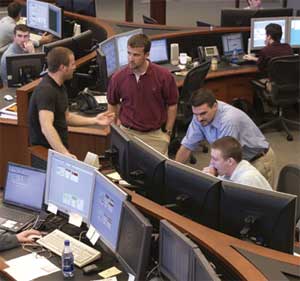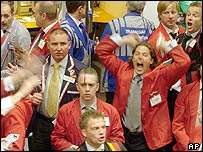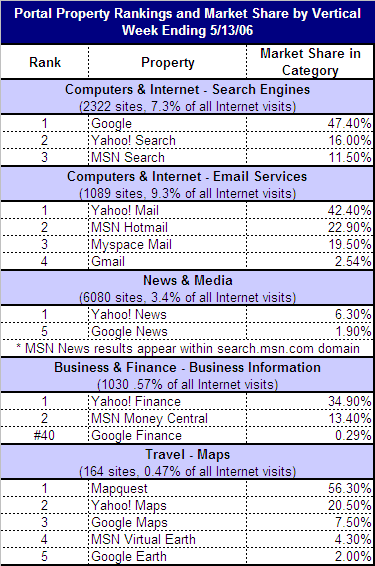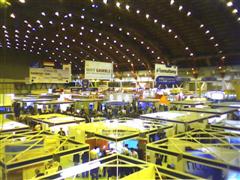Traditional Marketing
According to traditional marketing professionals, the “build it and they will come” attitude leads many entrepreneurs to their ruin. The full quote is:
“If a man can write a better book, preach a better sermon, or make a better mousetrap than his neighbor, though he build his house in the woods, the world will make a beaten path to his door”, [Ralph Emerson]
Allegedly wrong, wrong, wrong. Apparently, many entrepreneurs suffer and fail because they overlook the over-arching importance of Marketing..
Or so they say.

Ken Olisa, one of the more eloquent traditional technology marketeers, presents traditional marketing beautifully at his Marketing as a Science? seminar at a Cambridge Entrepreneurship center.
According to traditionalists, marketing is a core capability of a company without which your enterprise is doomed to fail. Many investment consultancy firms, like Ken Olisa’s Interregnum plc, charge high fees and equity percentages for providing this marketing and fund-raising to entrepreneurs.
Innovation is the New Marketing

The new school of thought is that traditional marketing is dead. In Seth Godin’s words, All marketers are liars. The best marketing is an exceptional added-value product or service.
We live in an increasingly efficient market. Information flows more and more perfectly. Marketing, the art of promoting your product in the market, is a commodity accessible to all. Disintermediation between client and supplier is prevalent. Successful differentiation of your company is about your product and service, not about your marketing plan.
You only have to note the lengthening queues of un-employed facilitator, coordinator, administrator management consultants. Advisory help for entrepreneurs is still a good idea, perhaps through an experienced non-exec director. But, the corporate skill set has ceased to be a differentiator; communication technology has made it a commodity.

In words of another entrepreneurship guru; “it is about engineers, not MBAs”.
Guy Kawasaki has a novel company valuation method; add $500K per fully employed engineer, and then subtract $250K for fully employed MBA
The partners at EUCAP are increasingly focused on core technology and service capabilities. Deep sector knowledge. An un-graceful total obsession with your client base, product and service. An Otaku cult of your market. That is the core capability of succesful company.
Build it, blog it, and they will come







 The deal, reported by
The deal, reported by 
